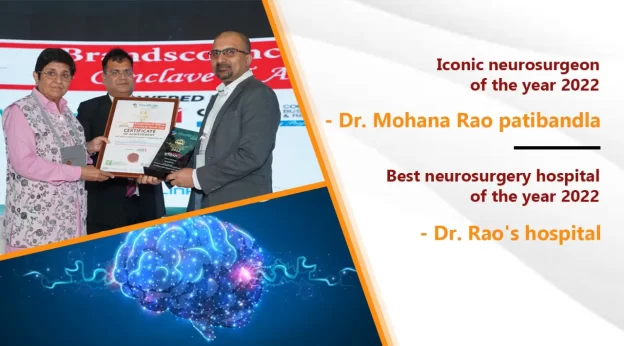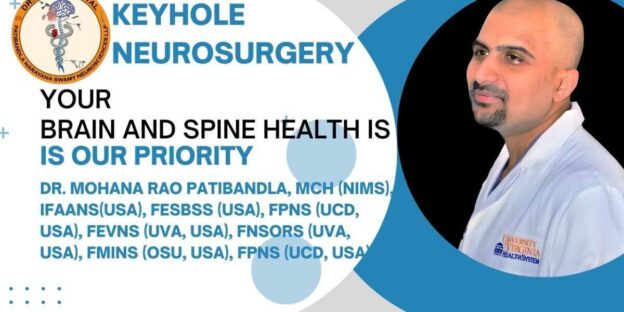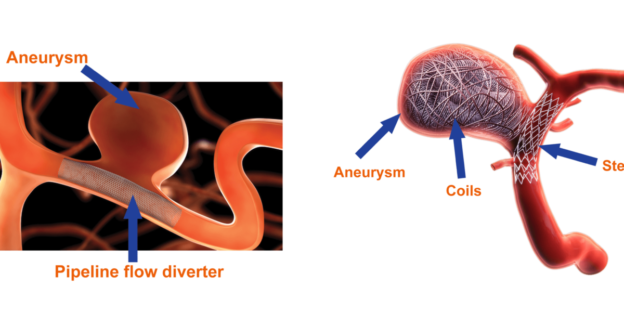Finding the Best Neurosurgeon: Dr. Mohana Rao Patibandla at Dr. Rao’s Hospital
When it comes to neurological conditions, finding the best neurosurgeon is paramount to ensuring the highest quality of care and the best possible outcomes. At Dr. Rao’s Hospital, Dr. Mohana Rao Patibandla stands out as a leading figure in neurosurgery, offering unparalleled expertise, compassionate care, and innovative treatment options.
Why Choosing the Right Best Neurosurgeon Matters
Neurosurgery is a highly specialized field that deals with complex and delicate structures of the brain, spine, and peripheral nerves. Conditions treated by neurosurgeons can significantly impact a patient’s quality of life, making the surgeon’s choice critical. The right neurosurgeon can differentiate between a successful recovery and ongoing health issues. Key factors to consider include:
- Experience and Expertise: A neurosurgeon’s training, years of experience, and specific areas of expertise.
- Reputation: Patient reviews, testimonials, and professional recognitions.
- Hospital Facilities: The quality of the hospital, including available technology and support staff.
- Personalized Care: The surgeon’s approach to patient care includes communication and bedside manners.
Meet Dr. Mohana Rao Patibandla
Dr. Mohana Rao Patibandla, the founder of Dr. Rao’s Hospital, is renowned for his extensive training and expertise in various neurosurgery subspecialties. With a career spanning several continents, Dr. Rao brings knowledge and a global perspective to his practice. His credentials include: According to dnaindia
- MBBS from Andhra Medical College, Visakhapatnam: A solid foundation in medical education.
- Specialization in Neurosurgery from Nizam’s Institute of Medical Sciences, Hyderabad: Advanced training in neurosurgery.
- Fellowships in the USA: include minimally invasive skull base surgery, pediatric neurosurgery, neuro-oncology, functional and stereotactic radiosurgery, and endovascular and cerebrovascular surgery.
Why Dr. Rao Stands Out
- Comprehensive Expertise: Dr. Rao is skilled in all neurosurgery subspecialties, making him adept at handling a wide range of neurological conditions.
- Innovative Techniques: He is proficient in the latest minimally invasive surgical techniques, which offer numerous benefits such as reduced recovery times and minimized risk of complications.
- Patient-Centered Approach: Dr. Rao prioritizes patient care, ensuring each patient receives personalized attention and a tailored treatment plan.
- State-of-the-Art Facilities: Dr. Rao’s Hospital is equipped with the latest technology, ensuring patients can access the best diagnostic and treatment options.
Conditions Treated by Dr. Rao
Dr. Rao specializes in treating a variety of neurological conditions, including, but not limited to:
- Brain tumors: Utilizing advanced techniques such as stereotactic radiosurgery for precise treatment.
- Spinal Disorders: Offering minimally invasive solutions for herniated discs and spinal stenosis.
- Pediatric Neurosurgery: Providing specialized care for neurological conditions in children.
- Vascular Disorders: Treating aneurysms and arteriovenous malformations (AVMs) with cutting-edge endovascular techniques.
- Functional Disorders: Addressing conditions such as trigeminal neuralgia and epilepsy with innovative surgical approaches.
Patient Testimonials
Patients consistently praise Dr. Rao for his expertise, compassionate care, and dedication to achieving the best outcomes. Here are a few testimonials:
- “Dr. Rao’s expertise and care gave me a new lease on life. His personalized approach made all the difference.” – Rajesh, Guntur.
- “The team at Dr. Rao’s Hospital is amazing. From the first consultation to post-surgery follow-up, the care I received was outstanding.” – Anitha, Hyderabad.
- “Thanks to Dr. Rao, my son’s neurological condition was treated with the utmost precision and care. We are forever grateful.” – Priya, Vijayawada.
Conclusion
Finding the best neurosurgeon is crucial for anyone facing neurological conditions. Dr. Mohana Rao Patibandla at Dr. Rao’s Hospital exemplifies the qualities of an exceptional neurosurgeon: extensive expertise, innovative techniques, and a patient-centered approach. If you or a loved one need neurosurgical care, trust Dr. Rao to provide the expertise and compassionate care you deserve.
For more information or to schedule a consultation, please call 9010056444 or visit our website, drraoshospitals. Your health and well-being are our top priorities, and we are here to help you every step of the way.






